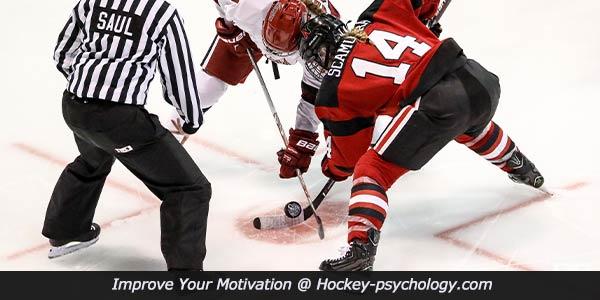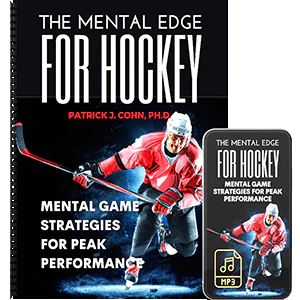
Stay Active Even When Adversity Strikes
How do you feel when your training regimen is disrupted?
More importantly, what do you do when your training regimen is interrupted?
Injuries, illnesses, inclement weather, facility shutdowns and vacations are some circumstances that can disrupt an athlete’s training or competing.
Uncontrollable circumstances, such as an injury, can spur several thoughts that create anxiety for an athlete and hurt their confidence.
For example, if you had a second-degree ankle sprain, you may have many questions regarding your training:
- When can I resume training?
- Will my season be over?
- Am I going to fall behind my teammates who are still training?
- Will a couple of weeks off affect my strength and conditioning?
- Will my skills decline? Will my timing be off?
- How will I be able to catch up to my teammates and how long will it take before I can compete?
When you focus on the things you cannot do because of an uncontrollable circumstance, you will feel lost and helpless.
When your training is interrupted because of an unforeseen circumstance, you can still do something to stay physically and mentally active.
Case in point, the coronavirus has turned the world upside down and has left athletes to face many unknowns. The COVID-19 pandemic has disrupted training and competing for every athlete throughout the world.
The Olympics were pushed back, international competitions were halted, professional sports seasons were postponed and many college, high school and youth sports were cancelled.
Some athletes were left feeling lost and trapped in their homes without their daily training regimen, while other athletes found creative ways to train that were exciting and empowering.
For example, twenty-five-year-old Adam Brady, center for the American Hockey League’s Stockton Heat, had his season interrupted by the pandemic. Despite not being able to scrimmage with his teammates on the ice, Brady stayed active by turning to new methods that he may never have considered before.
BRADY: “It’s given me time to do more research with nutrition and get into yoga, a lot of mobility and stretching.“
We have learned from the pandemic that adversity can strike at any moment, causing a disruption of training. No matter what circumstances, you can always find creative ways to train.
When you focus on what you can do or what you can control, you gain a sense of empowerment, build confidence and become a more well-rounded athlete.
How to Train your Mind and Body:
Remember, there is always something you can do to improve your game when you are not practicing or playing:
- If you can’t run, you can learn relaxation techniques.
- If you are injured, you can visualize performing in a competition.
- If you are stuck indoors during a snowstorm, you can do weight training.
- If you can’t practice, you can work on flexibility.
This is also a good time to look into mental training as well, even when you’re not practicing or playing. Be creative with ways to improve your game even when not practicing.
Related Articles on Hockey Mental Game:
- Your Mindset and Finishing Hockey Games
- How to Be Focused Playing in Front of Family and Friends
- The Power of Positive Self-Messaging
*Subscribe to The Sports Psychology Podcast on iTunes
*Subscribe to The Sports Psychology Podcast on Spotify
The Mental Edge for Hockey

The Mental Edge for Hockey teaches you proven and simple mental game strategies so you can overcome fear of failure, lack of confidence, slumps or poor composure, take your practice game to competition, and boost your confidence in hockey. You learn simple, actionable mental game strategies to help you perform at your peak!
I’ve worked with athletes for 30 plus years – and know the top challenges that undermine performance when you perform in games. Now you can tap into my expertise and experience in coaching hockey players on the mental game.
In this program, you’ll learn the TOP 10 mental training lessons for hockey players – the same strategies I teach one-on-one athletes I coach on the mental game. My clients pay thousands of dollars for personal coaching, but now you can have the same strategies to improve your mental game – at a fraction of the price.
Leave a Reply